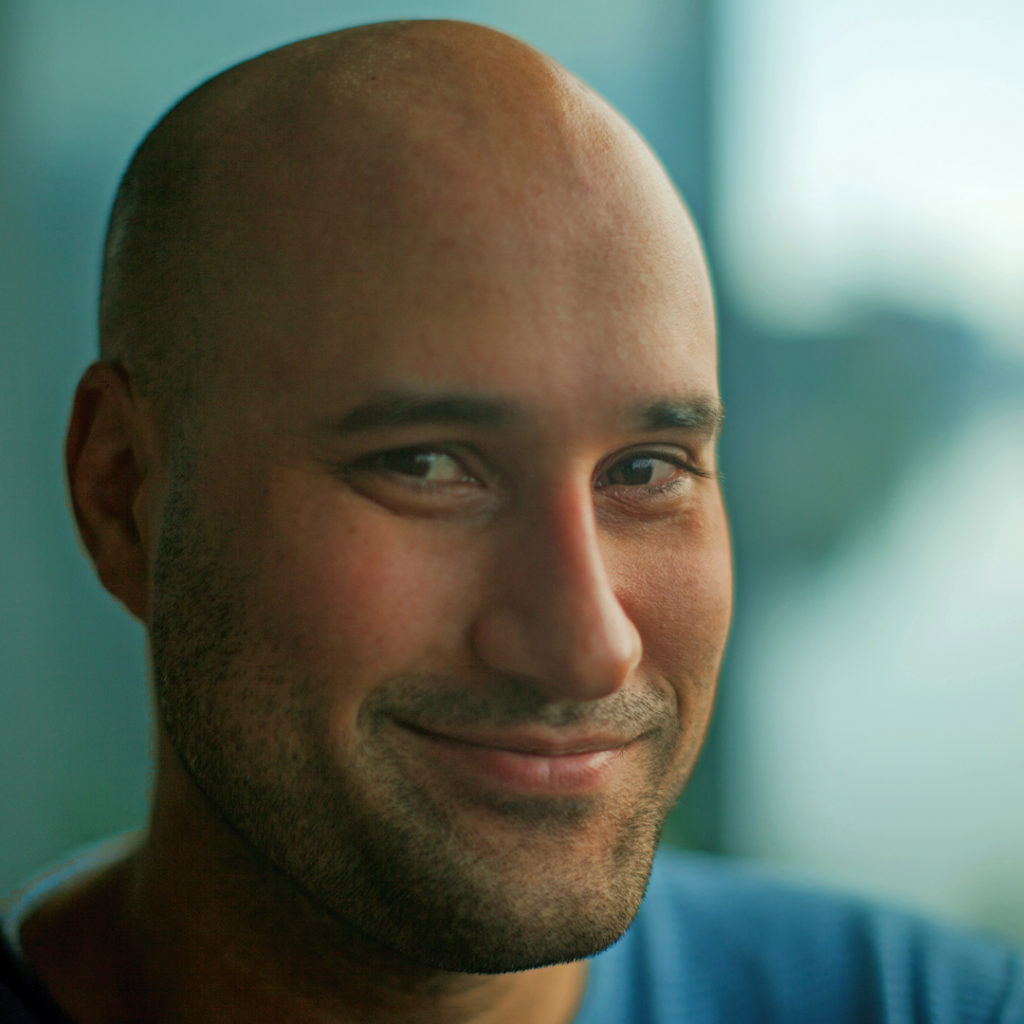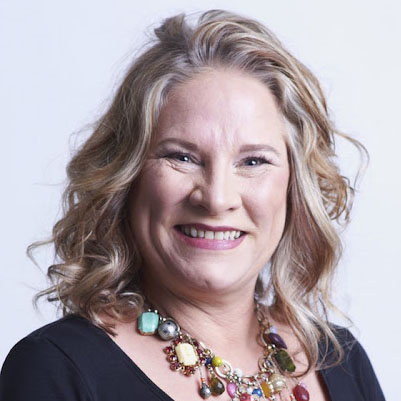
James (Presenter) talks:
Covid19: what about after isolation
Yeah, I think the other fear is, is that if we start going back, because with the Spanish flu, they had an outbreak. And then when people started going back to work, that’s when they had their biggest outbreak. And that’s a fear for me. Because, you know, I’ve looked at history, and I’ve looked at what happened before. You know, now I’m a bit worried, you know, if we do go back to work, is there going to be another huge outbreak? Because so many people have got it, and now there’s much more chance of infection later?

Diane Stevens
(Therapy and counselling in London)
talks:
Covid19: what about after isolation
Well, I suppose it is inevitable, that if people start moving around next week, together, figures are going to have to go into increase because they’re all going to be, that the other viruses out there. So there are going to be people that slip up and there are again, it’s back to this trust I spoke about earlier is that how much do I trust that if I go out tomorrow, that everybody’s going to be following the same hygiene rules that I’m following so that I don’t pass that on?
You know, I’m taking out my hand gel; I’m taking out my tissues. I’m taking out my gloves. I’m taking out my mask, but I know other people are doing this. And I’m not doing it every time I go out because you know; I haven’t got that many masks. So everyone’s choosing, you know, what’s most important. So if I’m in a supermarket, I want to make sure I’m protected because everyone’s touching lots of different things.
But if I’m walking in the park, I don’t necessarily have to worry about that too much. But, you know, I don’t want to sit on a bench because I know somebody sat on that bench before me. And I don’t know how long ago that was. And you know, maybe we’re being told now that we can go into the parks, and we can do this. But how do I know that that’s safe, no one is wiping down the bench before I sit on it.
So this is going to be again, another level of anxiety. And I think what we’ll find is a lot of people won’t want to go out. They don’t want to take that risk. And we’re also going to find a lot of people don’t want to return to work and we don’t want to send our kids back school.

James (Presenter) talks:
Covid19: what about after isolation
Yeah, because I mean, even when some employers [inaudible 02:01] are in, you know, I’m sure there were people that were getting annoyed at their employer because they’re like, well, why haven’t you sent us home yet? This is ridiculous people, are most likely going to start dying here. Because you guys, you know, dragging your feet and making us still come in, you know.

Diane Stevens
(Therapy and counselling in London)
talks:
Covid19: what about after isolation
I definitely heard of stories where in those early days that the employee said if you go home, you will lose your job.

James (Presenter) talks:
Covid19: what about after isolation
Yeah, I heard that too actually. Yeah, there were letters going out to staff saying these are the rules. You know, if you get sick, you your pay is going to be drastically reduced. I guess those people in a way might even be lucky because like, you know, lots of people that work in restaurants and stuff like that they’re probably not even getting paid. They probably have been told.
Well, actually, I heard of a particular restaurant and they got rid of 150 staff and they said to the staff, “we’re giving you two months non-paid holiday.” Wow. I mean, most people must be really, really worried about, even if they even got a job after two months, you know, there’s no guarantees,

Diane Stevens
(Therapy and counselling in London)
talks:
Covid19: what about after isolation
There’s going to be a lot of bitterness around things like that as well. Because I mean, we don’t know that these people have got lots of money because they own a business. Not everybody’s got a lot of money because they own a business. But there’s a bit of resentment, there’s another [inaudible 03:23] all right for you, you can lay us off for two months, not pay us and then you expect us to come back and start earning the money again.
So I am aware that there’s quite a lot of that going on. I mean, we’ve heard the talk around celebrities that aren’t supporting their staff. And but again, we don’t know the backstory to all things. And at the end of the day, you know, everyone, most people pay their taxes, and they’re all entitled to the same kind of help. But then there is also that forgotten population that don’t pay their taxes or they do and work cashing hands that haven’t got the backup of the government funding.
At this time as well, so I don’t know what’s happening to those kind of people. But that’s got to be at some enormous stress when you haven’t got that.

James (Presenter) talks:
Covid19: what about after isolation
Well, I guess it’s all means tested. I mean, I guess the government? I don’t know, I’m totally speculating, but this is how I would do it. I’ll just look at the people that have paid tax, have you paid a lot of tax, then you get the biggest reward during this time where you don’t have work. If you haven’t paid much tax, then, you know, there’s other people that did pay tax, you know. But I guess, it’s so difficult for the government to make the right decision. And I think it’s really hard for any government to make the right decision right now because it’s new to all of us. If you are feeling depression during this period check out our article on living with depression.

Diane Stevens
(Therapy and counselling in London)
talks:
Covid19: what about after isolation
That’s right. There’s no right or wrong way of doing this is that because, you know, we haven’t been planning for this for the last 10 years or even the last 12 months. It’s just been, you know, an pounced on us that you know, this awful viruses out there and everyone’s in danger. But again, you know, we can’t think about, everyone is going to have different opinions about who is entitle to what, but you know, just because you paid the least tax doesn’t mean you’ve done the least job.

James (Presenter) talks:
Covid19: what about after isolation
Yeah, I agree. Yeah.

Diane Stevens
(Therapy and counselling in London)
talks:
Covid19: what about after isolation
Some people the NHS on minimum wage and paying very little tax, but they still need supporting in the same way as anybody else does.

James (Presenter) talks:
Covid19: what about after isolation
Oh, yeah, yeah, now, for sure I’ve been, you know, and the other thing about the NHS staff is that now because we really, really need them, surely their work is much more valuable now. Because it’s kind of like life and death now whereas before it wasn’t the same situation and now I’m thinking should they be paid more? Because of how much we need them.

Diane Stevens
(Therapy and counselling in London)
talks:
Covid19: what about after isolation
So we have to [inaudible 05:47] think, well, we have two genders rather than separate out and anybody is that we’re all valuable every individual, every human being is valuable and everybody contributes something unless of course they have got mental health issues where they can’t contribute in the same way. But society goes round, because we all need to be part of something, we all need to be part of the community. And some of us do that by building houses.
Some of us do that by taking care of our health is what we choose to do, when we’re probably younger, and about how we want to contribute to society. And so I think it’d be very hard to put a value on anything, you know, I would like to live in a house and be sheltered in the same way as I’d like to go to hospital being taken care of if I’m poorly. So you know, unless there’s jobs out there that are absolutely useless and a waste of time.
We’ve all got our contribution in different things that we do, and we get to see that as a society, we’ll help you know, some people make a mess. Other people clean it up. Other people, some people get sick, other people make us better. That’s how we get around we’re all important.

James (Presenter) talks:
Covid19: what about after isolation
Okay, Diane, so what are you doing at the moment in regards to helping people with their mental health?

Diane Stevens
(Therapy and counselling in London)
talks:
Covid19: what about after isolation
So in terms of being a therapist and therapists are still working out there, we’re doing it very differently although some therapists are online therapists anyway. But therapists have changed their business so that they’re now doing online sessions. So that can be Skype or Zoom or Telephone. So when people that do need the mental health support, and there is people out there still offering sessions.
So if you do feel you need counselling, and some people have put it on hold thinking we’ll do all this on the lockdowns over if you do need it. There are people out there that can help you. Some therapists have turned their hand to helping local charities and they’re offering free services for the NHS and other key workers. So therapists are still trying to do as much as they can and getting information out there to help with mental health. And so don’t neglect your mental health if you need support, still seek it out.

James (Presenter) talks:
Covid19: what about after isolation
And you know, for people at home, you know, if you are looking to book Diane you can give her a call and there will be a number in the description or maybe below on the screen right now. It will be in the description of this video so you know you can contact Diane at home and if you need therapy then you can get in contact with her.

Diane Stevens
(Therapy and counselling in London)
talks:
Covid19: what about after isolation
Thank you, James
Call to book 02080162477
